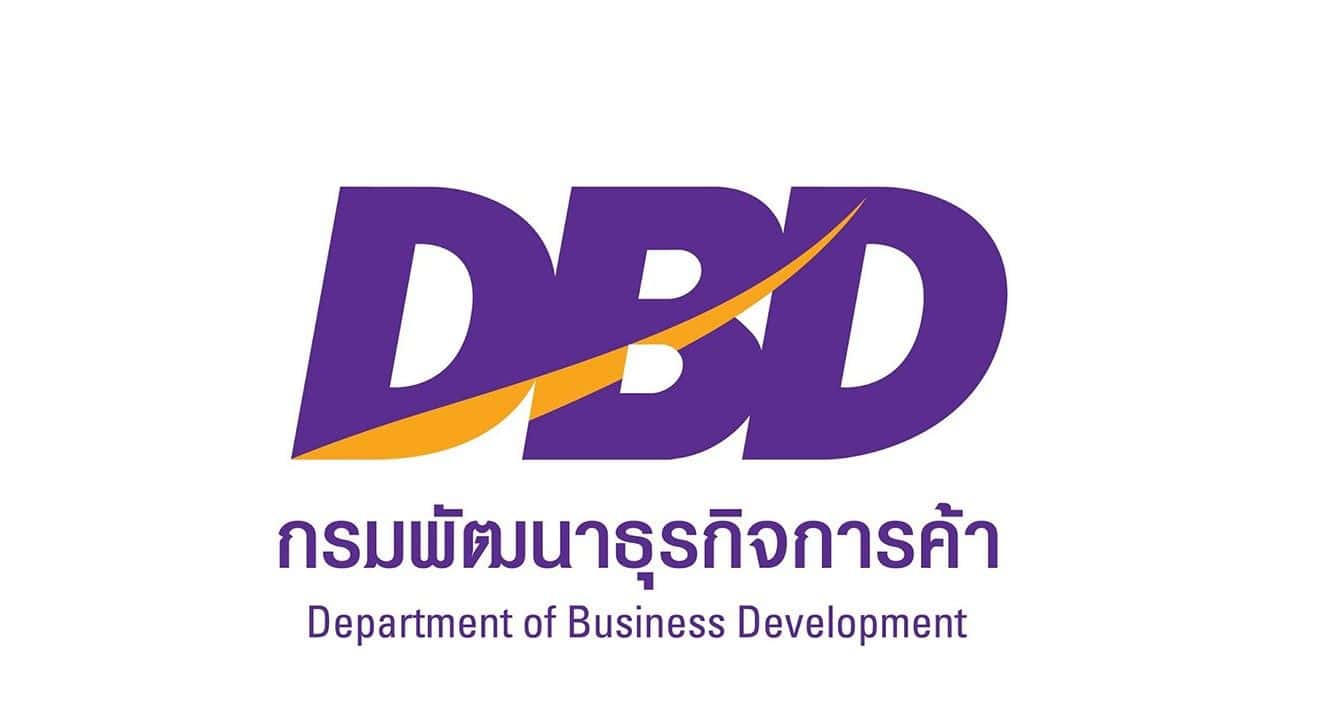A Comprehensive Guide for Foreign Investors
For foreign investors seeking to purchase real estate in Thailand, establishing a Thai company can be a strategic and effective approach. This ownership structure not only facilitates property acquisition but also complies with local regulations. Below, we explore the intricacies of Thai company ownership, including its benefits, legal requirements, and practical considerations.
Understanding Thai Company Ownership
The Basics
A Thai limited company allows foreign nationals to hold land and property in Thailand, provided the company is at least 51% owned by Thai citizens. This structure provides an avenue for foreign investors to navigate the restrictions on land ownership while maintaining a level of control over their investments.
Types of Companies
- Thai Limited Company: This is the most common structure for foreigners looking to invest in real estate. It limits liability to the amount of capital contributed and allows for a flexible share structure.
- Partnerships: Although less common for real estate investment, partnerships can also be formed under Thai law. However, partnerships do not provide the same level of liability protection as limited companies.
Benefits of Thai Company Ownership
1. Legal Compliance
One of the primary advantages of using a Thai company to purchase property is compliance with local laws. Foreigners cannot directly own land in Thailand, but through a properly structured Thai company, they can legally acquire land and property, aligning with Thai regulations.
2. Control Over Investment
Establishing a Thai company allows foreign investors to maintain control over their real estate investments. With a well-structured shareholding agreement, investors can set the terms of management and decision-making, ensuring their interests are protected.
3. Simplified Financing Options
Owning property through a Thai company can facilitate access to financing options from Thai banks. Many banks are more willing to provide loans to registered Thai companies than to foreign individuals, making it easier to fund property acquisitions or developments.
4. Tax Benefits
A Thai company may provide certain tax advantages. Corporate tax rates in Thailand can be lower than personal income tax rates, and with proper accounting practices, businesses can optimize their tax liabilities. Additionally, property taxes can be more favorable for corporate entities compared to individual owners.
5. Enhanced Credibility
Establishing a local company can enhance your credibility when dealing with Thai authorities, real estate agents, and potential partners. A registered Thai company signals a commitment to the market and can facilitate smoother interactions within the local business environment.
Legal Requirements for Establishing a Thai Company
1. Shareholding Structure
To comply with Thai law, at least 51% of the shares must be owned by Thai nationals. However, it is possible to structure the company in a way that allows foreign shareholders to control management and operations, such as appointing foreign directors or drafting shareholder agreements that protect your interests.
2. Minimum Capital Requirements
The Thai government requires a minimum capital investment to establish a limited company. This amount varies depending on the nature of the business but generally starts at 2 million Thai Baht (approximately $60,000). It’s important to ensure that the company maintains sufficient capital to support its operations and investments.
3. Registration Process
The process of registering a Thai company involves several steps, including:
- Name Reservation: Selecting and reserving a unique company name with the Department of Business Development.
- Filing Documentation: Submitting the necessary documentation, including the company’s articles of association and details of shareholders and directors.
- Tax Registration: Registering for a tax identification number and obtaining necessary permits or licenses based on the business activities.
4. Ongoing Compliance
Once established, a Thai company must adhere to ongoing compliance requirements, including regular tax filings, annual financial statements, and maintaining proper corporate governance. It’s crucial to engage local professionals to ensure adherence to these obligations.
Practical Considerations
1. Engage Legal and Financial Experts
Navigating the complexities of Thai company ownership can be challenging. Engaging local legal and financial experts can provide valuable insights, ensure compliance with local laws, and streamline the registration process.
2. Structure Your Agreements Wisely
Carefully drafting shareholder agreements and management contracts is vital. These documents should clearly outline the rights and responsibilities of all parties involved to prevent disputes and protect your interests.
3. Monitor Regulatory Changes
Thai laws and regulations can change, impacting company ownership structures and property rights. Staying informed about legal developments and engaging professionals to adapt your strategies accordingly is essential for long-term success.
Conclusion
Thai company ownership is a viable and strategic option for foreign investors looking to acquire real estate in Thailand. By establishing a properly structured Thai limited company, investors can navigate ownership restrictions, maintain control over their investments, and enjoy various benefits, including tax efficiencies and enhanced credibility.
However, due diligence, legal guidance, and careful planning are crucial to ensure compliance and maximize the advantages of this ownership structure. With the right approach, establishing a Thai company can serve as a powerful tool in your real estate investment journey in Thailand.




